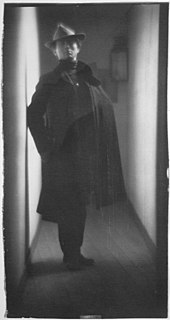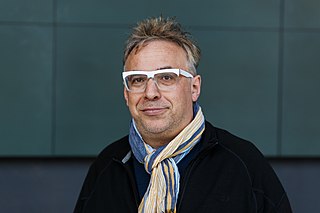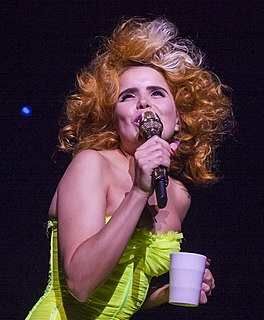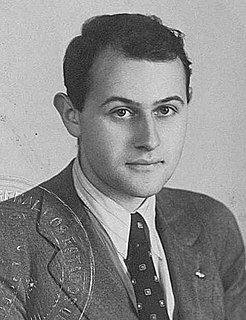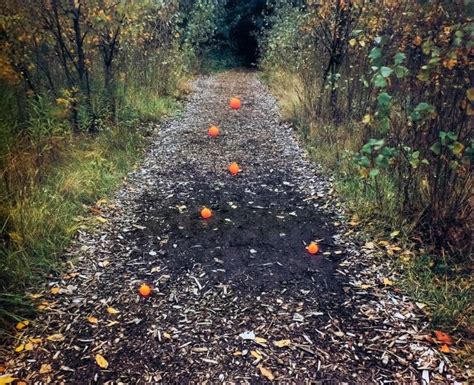A Quote by Edward Steichen
If it were possible for any one person or group of persons to go through a photographic finishing plant's work at the end of a day, you could probably pull out the most extraordinary photographic exhibition we've ever seen. On almost any subject. The trouble is to find the things.
Related Quotes
Abraham Lincoln did have intellectual instincts, a tremendous curiosity on a broad range of subjects, and a near-photographic memory for what he read. He was, at the end of the day, a politician: politics were his heaven, said William Herndon. But Lincoln did take comfort in ideas and books, more so than almost any other president, and he went to books and ideas in moments of perplexity to sort things out. Philosopher, no, but thoughtful and "surprisingly well-read" for his day.
... what is faked [by the computerization of image-making], of course, is not reality, but photographic reality, reality as seen by the camera lens. In other words, what computer graphics have (almost) achieved is not realism, but rather only photorealism - the ability to fake not our perceptual and bodily experience of reality but only its photographic image.
Some day there may be... machinery that needs but to be wound up and sent roaming o'er hill and dale, through fields and meadows, by babbling brooks and shady woods - in short, a machine that will discriminately select its subject and, by means of a skillful arrangement of springs and screws, compose its motif, expose the plate, develop, print, and even mount and frame the result of its excursion, so that there will be nothing for us to do but to send it to the Royal Photographic Society's exhibition and gratefully to receive the 'Royal Medal'.
For me the noise of Time is not sad: I love bells, clocks, watches — and I recall that at first photographic implements were related to techniques of cabinetmaking and the machinery of precision: cameras, in short, were clocks for seeing, and perhaps in me someone very old still hears in the photographic mechanism the living sound of the wood.
Strangers with puzzled looks were amazingly cooperative in letting me into their rooms with my photographic gear. They let me take down the curtains, wash the windows, and rearrange the furniture. Often, too, they expressed their desire to share their view with others, as if it were a non-depletable treasure. I liked the idea that my photographic vantage points were not solely determined by myself. They were predetermined by others, sometimes years earlier, and patiently waited for me to discover them.
She was brilliant and joyous and she believed- probably correctly- that libraries contain the answers to all things, to everything, and that if you can't find the information you seek in the library, then such information probably doesn't exist in this or any parallel universe now or ever to be known. She was thoughtful and kind and she always believed the best of everybody. She was, above all else, a master librarian and she knew where to find any book on any subject in the shortest possible time. And she was wonderfully unhinged.
I did attempt to find out if there were any secret government documents that revealed things. If there were, they were concealed from me too. And if there were, well I wouldn't be the first American president that underlings have lied to, or that career bureaucrats have waited out. But there may be some career person sitting around somewhere, hiding these dark secrets, even from elected presidents. But if so, they successfully eluded me...and I'm almost embarrassed to tell you I did (chuckling) try to find out.
